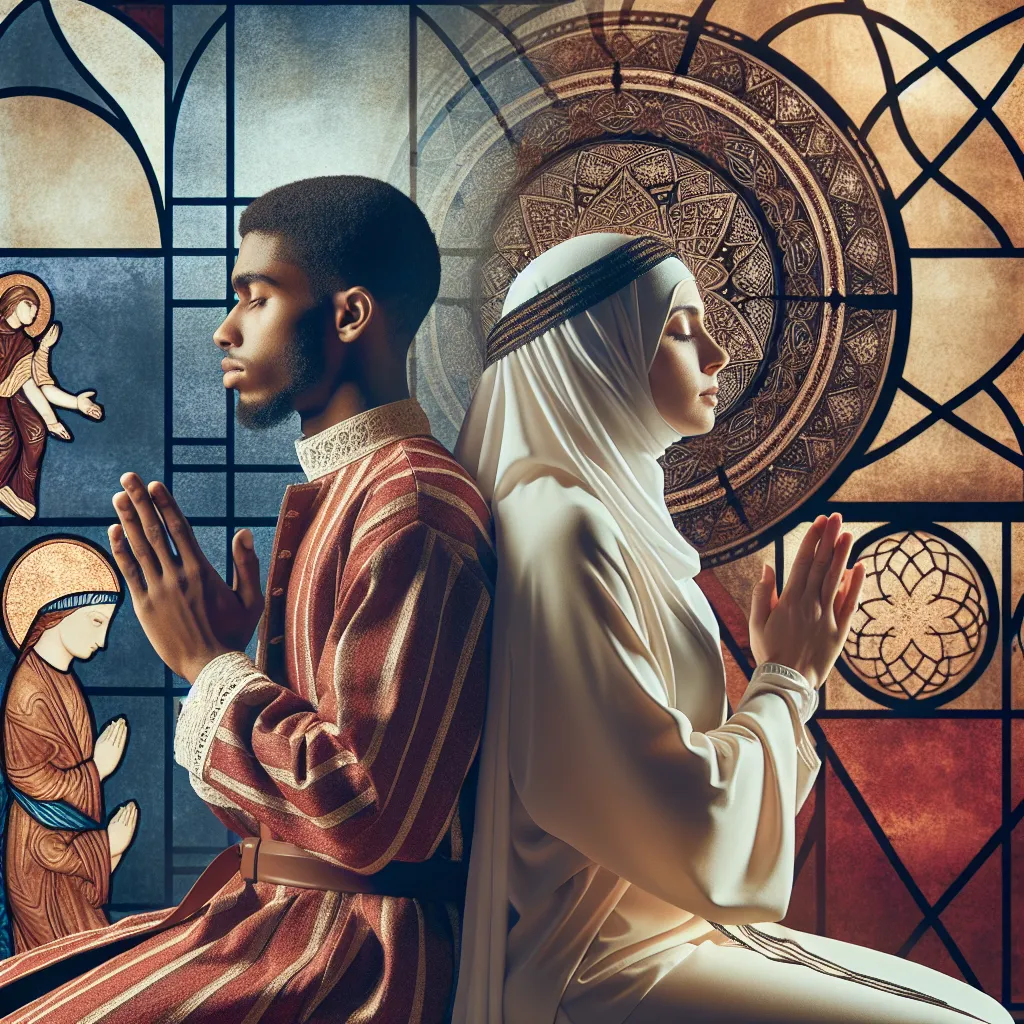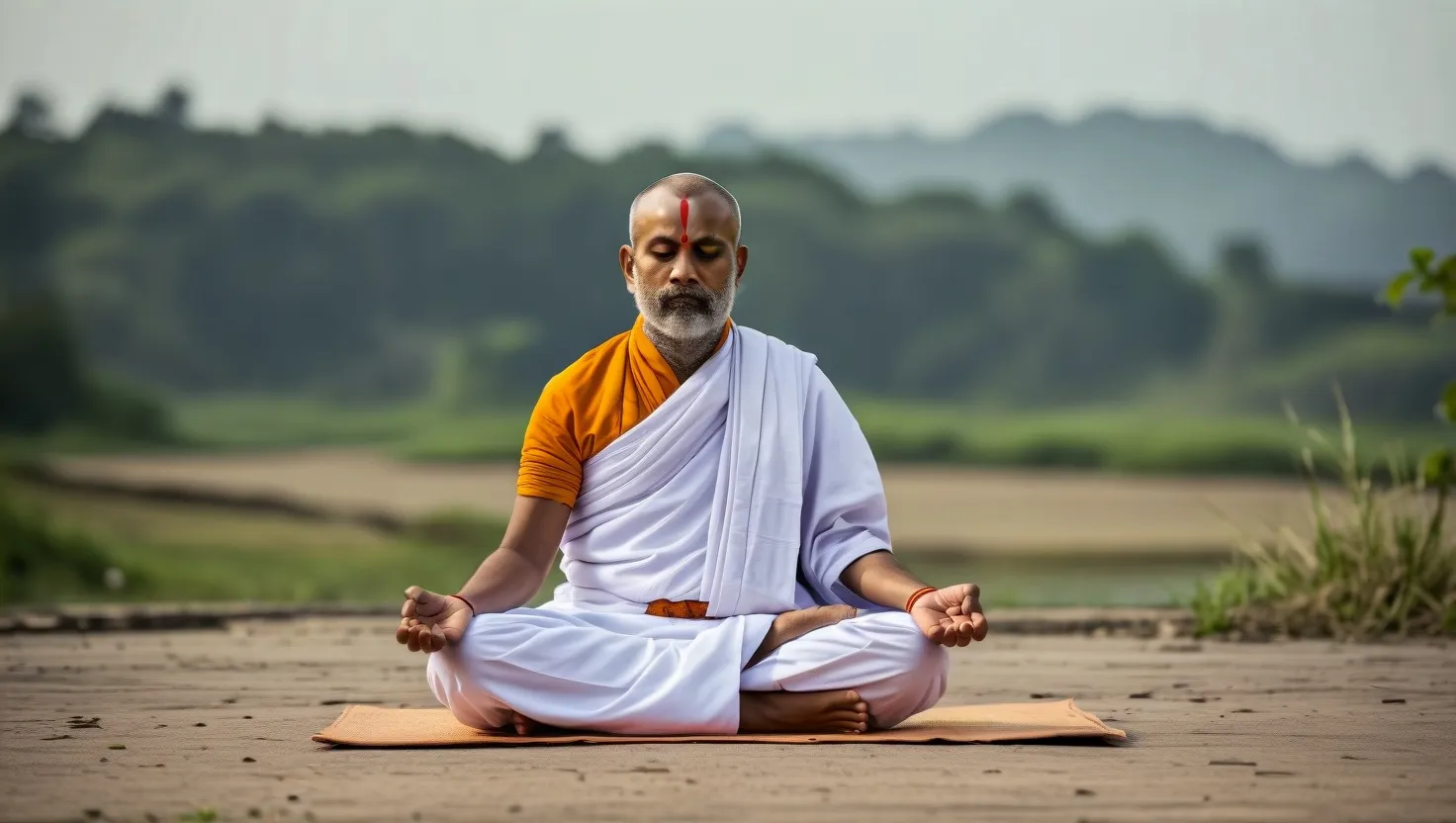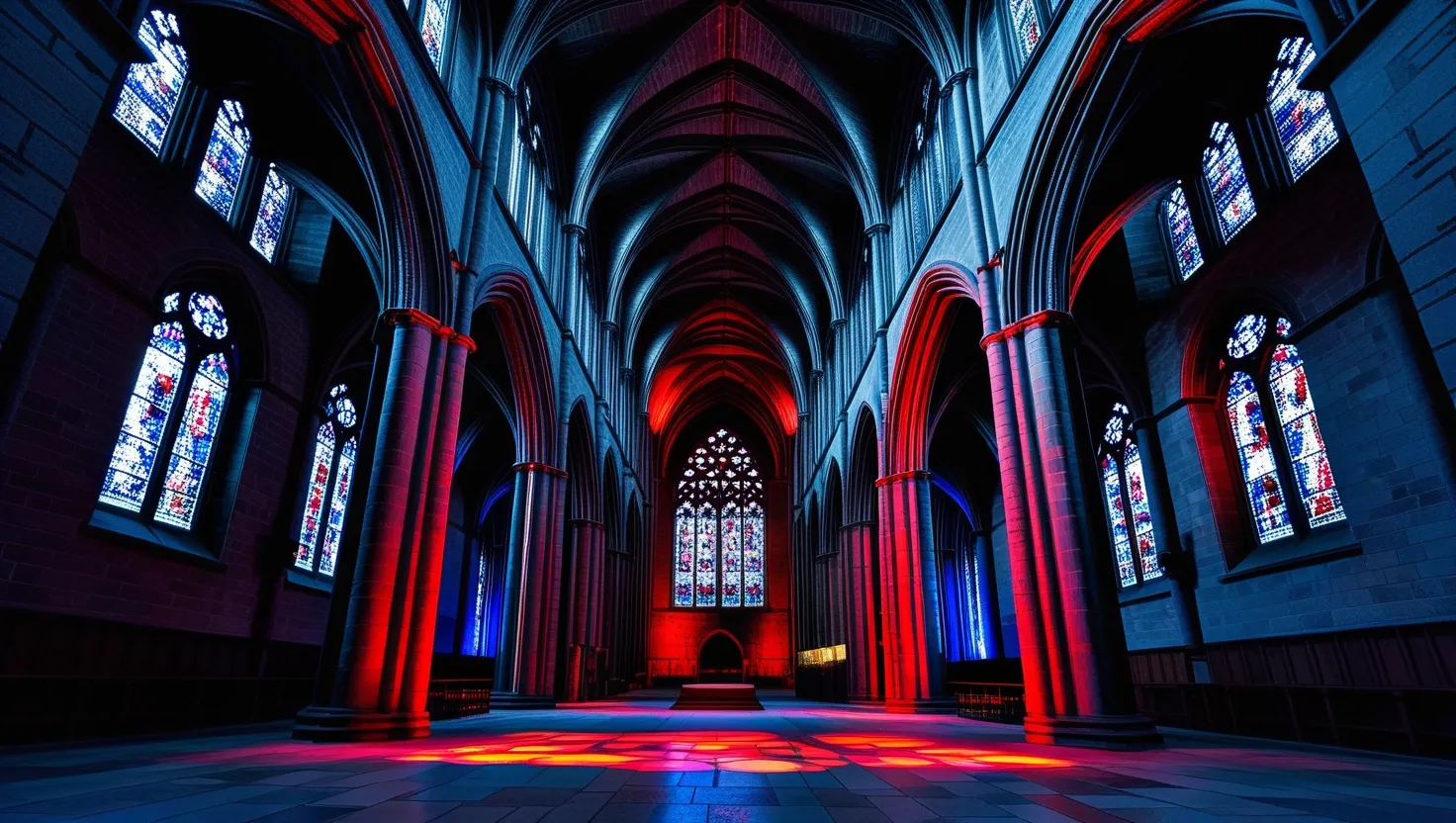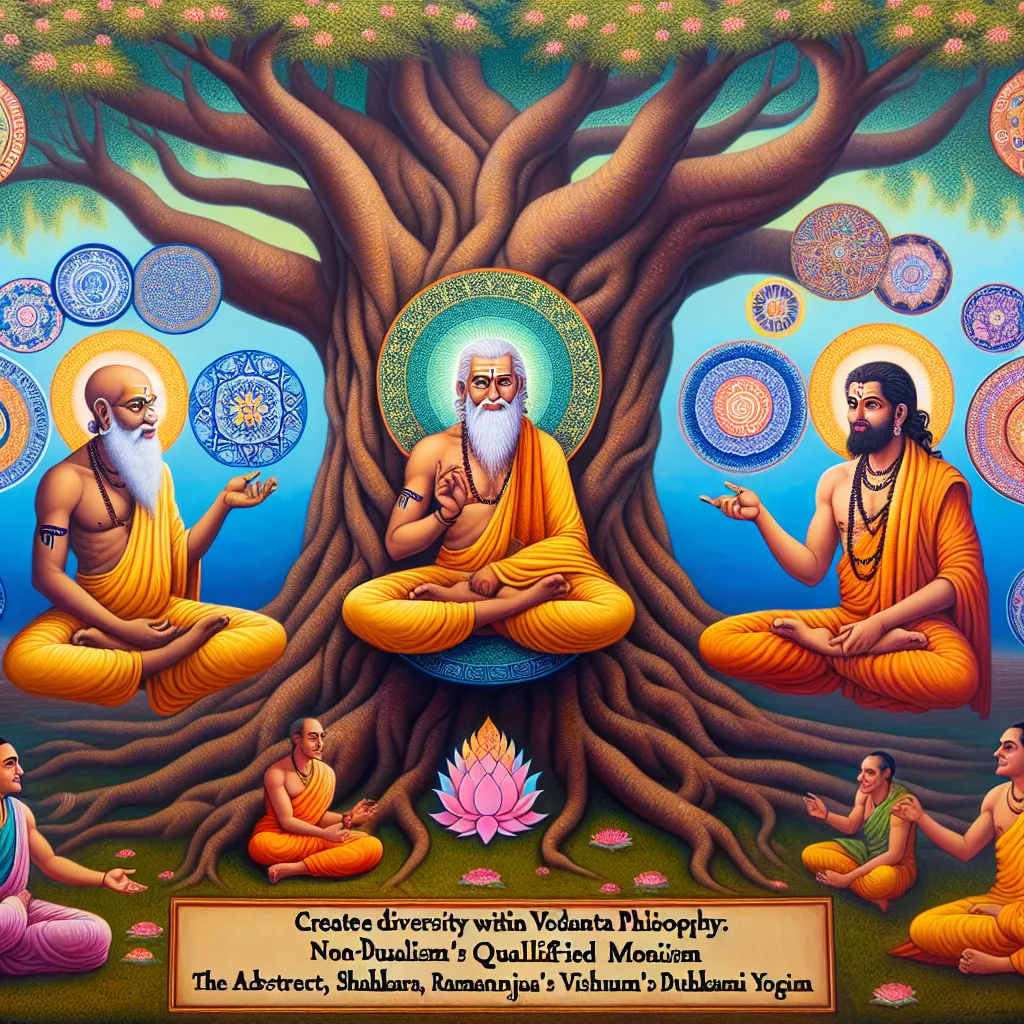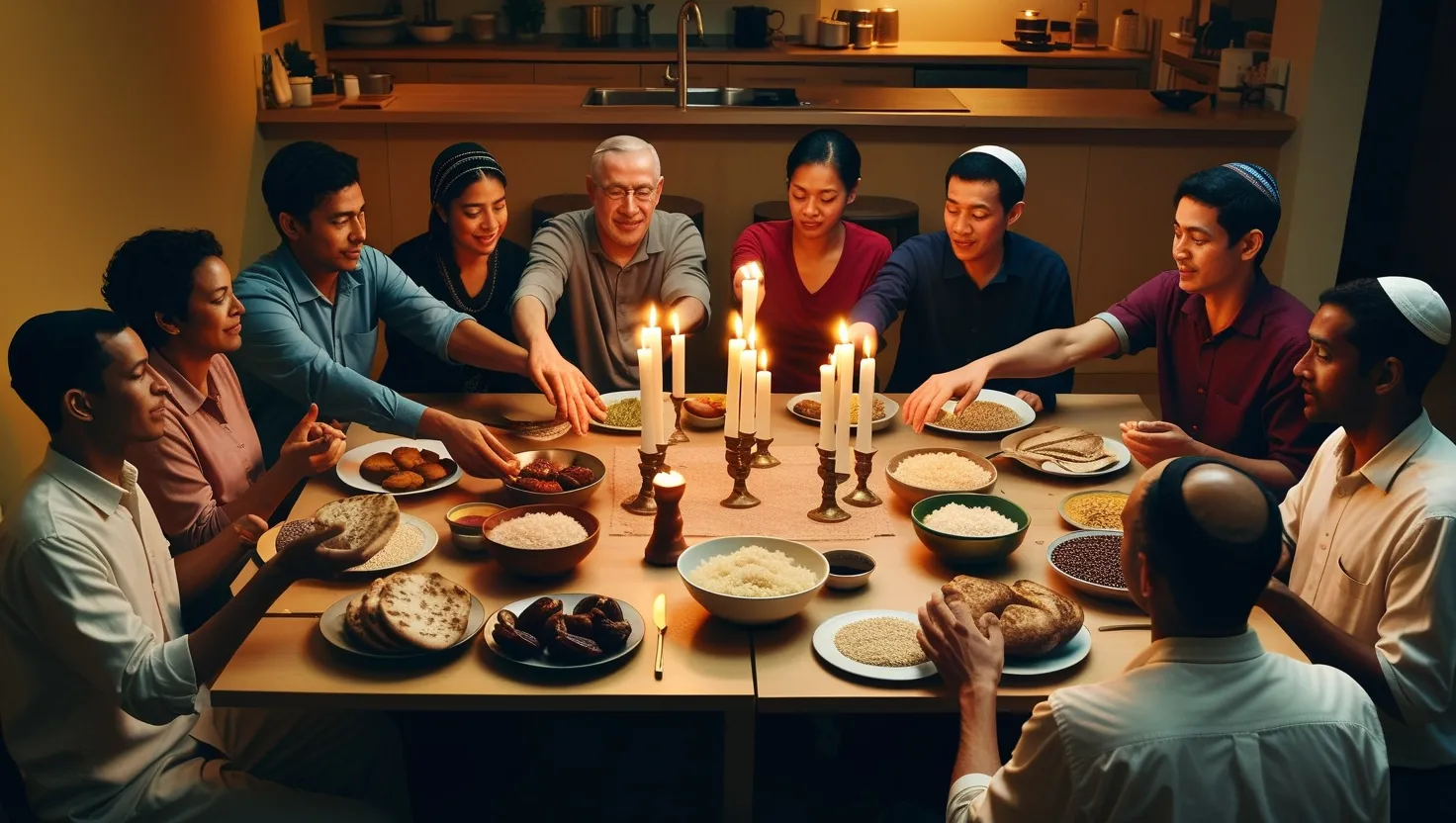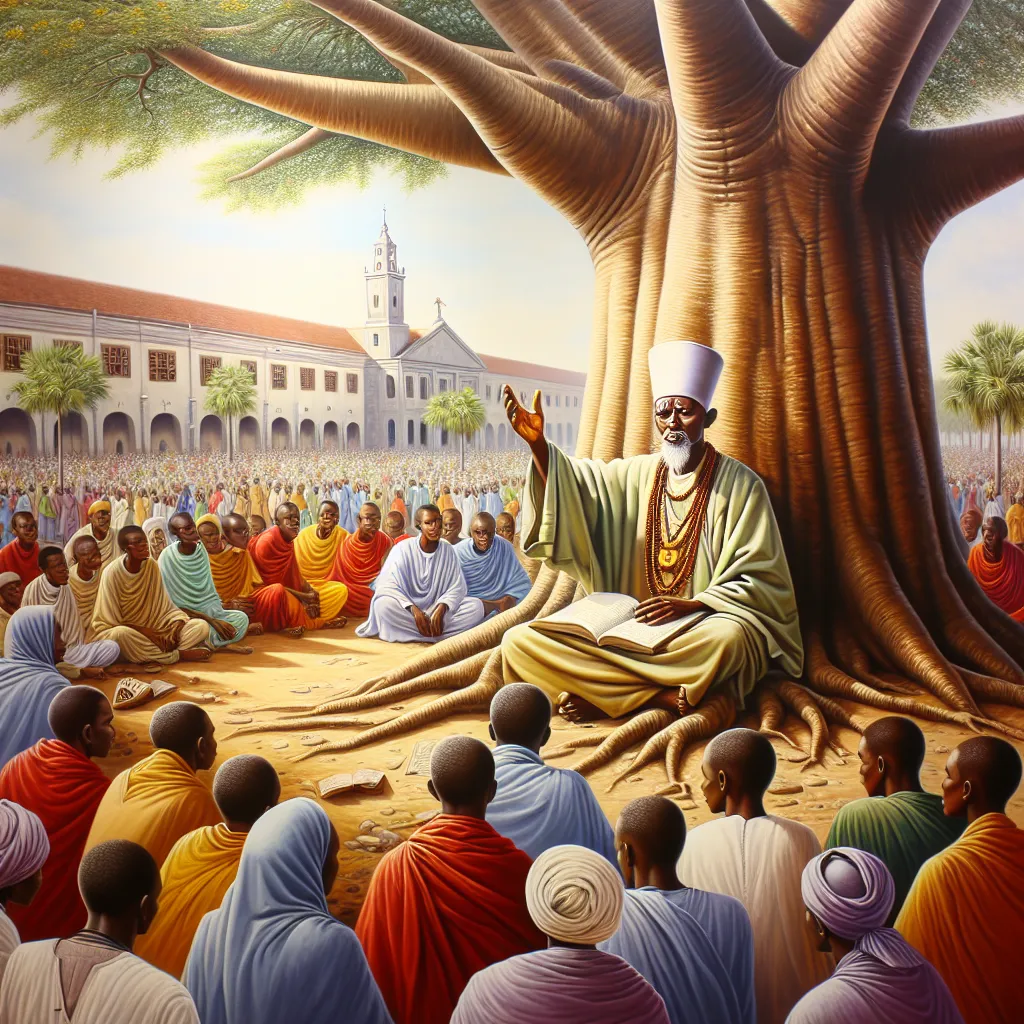Lately, I’ve been mulling over the question of what it really means to be religious. We all have these preconceptions about a religious person’s appearance or behavior, but is it that simple? The term “religious” is just a word we’ve created, and its definition varies widely among people, leading to confusion and misunderstanding.
When does someone become religious? Is there a clear line or a scale we can use to measure this? There’s no official definition for “religious,” and we avoid using it in academic circles because of its ambiguity. Take Saudi Arabia, for instance. It’s often seen as a very religious country due to its strict adherence to Islamic laws and customs. But does that strict interpretation of Islam truly reflect the country’s religiosity?
Here in the West, where secular views are prevalent, we often equate being more religious with being more strict and less open-minded. This perception is deeply rooted in our history, particularly the Enlightenment, which portrayed religion as being at odds with societal progress. But is it accurate to say that more religiosity necessarily means more rigidity?
Consider two women, both Christians. Linda lives a strict life, avoiding alcohol and dressing modestly, all because she believes it’s how a Christian should behave. Sarah, on the other hand, goes out, drinks, and dresses like anyone else, but she prays every night and attends church regularly. Who’s more religious?
Now, think about two Muslim men. One adheres to stereotypical practices like wearing traditional garb and following Sharia but rarely prays or reads the Quran. The other lives in Germany, dresses in Western clothes, supports feminism, and plays in a metal band but never misses a prayer and regularly reflects on God. Who’s more religious here?
This brings us to the core of what religion means to different people. For some, religiosity is about personal belief and faith, aligning with Protestant ideas. For others, it encompasses external aspects like family, behavior, law, or politics. This difference in understanding often leads to identity crises in minority communities where religious expressions can clash with societal norms.
For example, a Muslim woman might feel the need to hide her religiosity to fit in, leading to misconceptions about what it means to be Muslim or religious. This dichotomy can foster bigotry and racism.
Let’s shift gears and talk about George Harrison of The Beatles. He embraced Hinduism and filled his songs with its philosophies. Some argue he’s just spiritual, not religious. But if his spirituality is rooted in Hindu teachings, doesn’t that make him religious?
In the West, we often see Eastern religions like Hinduism and Buddhism more as spiritualities. This perception arises partly because these religions are often stripped of their religious elements when introduced to Western audiences. Additionally, we’ve ingrained the idea that religion must fit into a Judeo-Christian-Islamic framework.
Religious belief, especially in secular societies like Sweden, shows an interesting trend. People might move away from organized religion, yet still hold onto spiritual beliefs. Studies have shown that faith in the afterlife and supernatural forces persists, even in countries viewed as highly secular. Swedes, for instance, may say they’re spiritual but not religious, especially during crises, reverting to traditional Christian values.
So, defining “religious” can be tricky. If it means strictly following institutionalized religion, then yes, it seems to be declining. But if we define it more broadly, it’s clear that spiritual beliefs still thrive. What does being religious really mean to you? Is there a distinction between being spiritual and religious? Share your thoughts, and let’s continue this discussion. See you next time!
